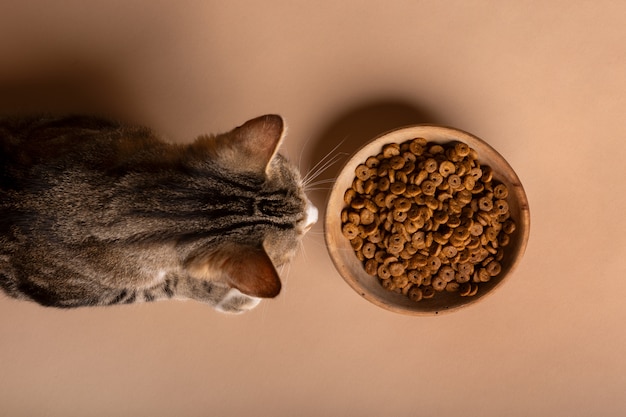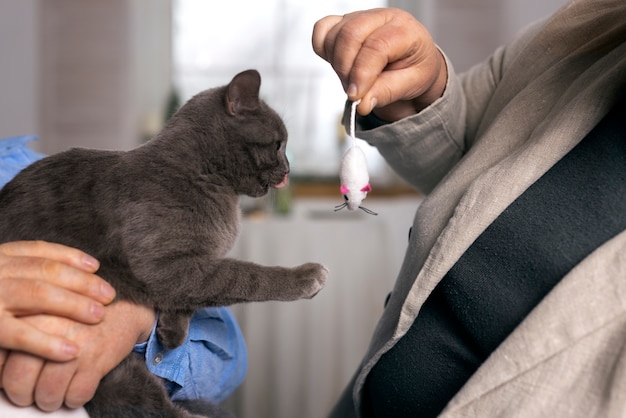Federal health officials have issued an urgent warning about potential contamination in certain batches of RAWR Raw Cat Food Chicken Eats. The U.S. Food and Drug Administration (FDA) confirmed on Wednesday that two specific lots of the raw cat food tested positive for the H5N1 avian influenza virus, commonly known as bird flu. This development follows the illness of a cat in San Francisco that consumed the product, raising concerns among pet owners and veterinary professionals nationwide.
The FDA has identified two lots of RAWR Raw Cat Food Chicken Eats that may be contaminated with the H5N1 virus. These products were distributed through select pet supply stores and online retailers across several states. The recall is precautionary but critical, as avian influenza can pose serious health risks not only to animals but potentially to humans in close contact with infected pets or contaminated materials.
Pet owners are urged to check the lot numbers on their packaging immediately. The affected lots are:
Products from these lots were sold between January and March 2024. Consumers who have purchased these items are advised to stop feeding them to their pets immediately and return them to the place of purchase for a full refund.

The discovery came after a domestic cat in San Francisco fell ill with symptoms consistent with avian influenza. Veterinary testing confirmed the presence of the H5N1 virus in the animal. Subsequent investigation traced the cat’s diet to RAWR Raw Cat Food Chicken Eats from one of the affected lots. The FDA then conducted laboratory tests on unopened packages from the same batches, which returned positive results for the virus.
H5N1 is primarily a bird virus, but it can infect mammals—including cats—when they consume raw or undercooked poultry products contaminated with the virus. While transmission from cats to humans is rare, it is not impossible, especially in cases of close, prolonged contact.
Cats exposed to H5N1 may show a range of symptoms, including:
If your cat has consumed any of the recalled lots and begins showing these symptoms, contact your veterinarian immediately. Inform them about the potential exposure to contaminated raw food to ensure proper handling and testing protocols.

This incident has reignited the debate over the safety of raw pet food diets. While many pet owners believe raw diets offer nutritional benefits, they also carry inherent risks, including bacterial contamination (like Salmonella or Listeria) and, as now seen, viral pathogens such as avian influenza.
The FDA and Centers for Disease Control and Prevention (CDC) have long advised caution when handling raw pet food. They recommend strict hygiene practices, such as washing hands after feeding, using separate utensils, and avoiding cross-contamination with human food.
Pet food manufacturers are required to follow safety standards, but raw products are not heat-treated, which means pathogens may survive unless stringent sourcing and processing controls are in place. This recall underscores the importance of transparency, traceability, and rigorous testing in the pet food industry.
Pet owners should stay updated through official channels such as the FDA’s website, which provides ongoing information about pet food recalls and safety alerts. Signing up for recall notifications can help you act quickly in the event of future issues.
As the investigation continues, the FDA is working with the manufacturer to determine the source of contamination and prevent further distribution of affected products. No additional lots have been recalled at this time, but testing is ongoing.
Your pet’s health depends on informed choices and proactive care. By staying alert to recalls and understanding the risks associated with certain pet food types, you can help keep your furry family members safe and healthy.

Health

Health

Health

Health

Health

Fitness

Health

Health